Hello Friends,
My ABC Long Read item on dementia has been published which I’m sharing with you. However I wanted to write a supporting piece with acknowledgements and further reading. This was a major undertaking (almost a year of research) and so much of what I read and learned did not make it into the finished work.
What was the article about?
It was about dementia obviously. I used my mother’s case as an example to bookend the article, but hopefully it didn’t dominate it. For anyone who currently has or has had loved-ones with cognitive decline, I’m sure you’ve gone through your own thought process about whether some behaviour you’ve seen or heard is normal or whether it demarcates a new stage in the progression of dementia.
I also wanted to include a historical perspective on dementia so I researched the story of Dr Alois Alzheimer and the discovery - in the 1990’s - of his case notes from 1906. This was beautifully explained at length in the Lancet (Vol 349, May 24 1997).
I spent hours in the archives searching for the many ways that dementia and senile dementia - as it used to be called - were described in historic newspapers. In fact, back then, they didn’t really discuss the phenomenon, although the prevalence of dementia more than a century ago was obvious. In Trove, I found a remarkable feature in the Illustrated Sydney News from 1 May 1890 about the occupants of the Melbourne Benevolent Asylum including Susan Brandon, a woman claiming to be 102.
What are some good resources I found?
I took a photo of a portion of my reading list 👇.
Now I want to talk about someone who didn’t make it into the article, but who had a big impact on me. Wendy Mitchell, a British woman who lived with early onset Alzheimer’s disease and who died in 2024, wrote three books which I bought after following her blog - Which Me Am I Today - for several years.
Wendy’s books brilliantly described how she dealt with the changes affecting her brain (like when she discovered she could no longer turn right while riding her bicycle). She wrote her books in collaboration with journalist Anna Wharton who helped her turn thoughts into incisive prose that really moved the story along. Anna also wrote a wonderful obituary about Wendy. And if you want something else powerful (and confronting), do read Wendy’s final blog post here.
Jonathan Franzen’s New Yorker piece from 2001 - My Father’s Brain - was hugely inspiring. In the closing paragraphs he reproduces a letter his father wrote just weeks before his final breakdown. The letter - addressed to Franzen’s nephew -was surprisingly coherent, at a time when Franzen’s father, Earl, was not. I’ve often thought about this letter as I wonder how much of someone’s cognitive decline we actually see and what is actually going on for them.
Through Franzen, I found David Shenk’s excellent book, The Forgetting and of course that lead to his even more excellent podcast of the same name with Greg O’Brien.
I have also subscribed to Deborah Kan’s newsletter Being Patient for many years.
Where to get help
Once I started looking for expertise on dementia, the question soon became, why isn’t it all in one place and how do other people find help when they need it? In Australia, the best general information is on the Dementia Australia website but it took me a while to find their Dementia Guide which, if you live in Australia, they will post to you for free.
As I said in my article, there is still much ignorance about what constitutes dementia and there are many people out there who have not been diagnosed, which means they may not have support.
There’s an excellent resource called Forward with Dementia which is an initiative by six countries (including Australia, Canada and Britain) and provides some great printable checklists, webinars and many other resources which I highly recommend.
Finally, I interviewed two amazing people for my piece who were voluntary advocates for Dementia Australia, but I was never aware that they were advocating for anything. They shared their good days and bad, what works, what doesn’t work, what they fear and what they love. What they don’t want to lose.
Jessica Harris is caregiver to her husband Richard of fifty years!
And Peter Duclos makes a mean Flat White! Peter has younger onset Alzheimer’s but is making the most of life. He made me realise that while he has a diagnosis, he is not his diagnosis and every day is there to be seized.
So if you’d like to read Will I Get Dementia do click on the link. As always I’m happy to hear your stories and comments below.


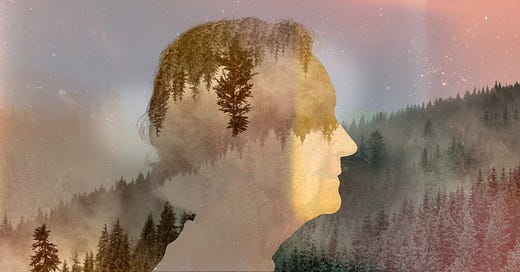


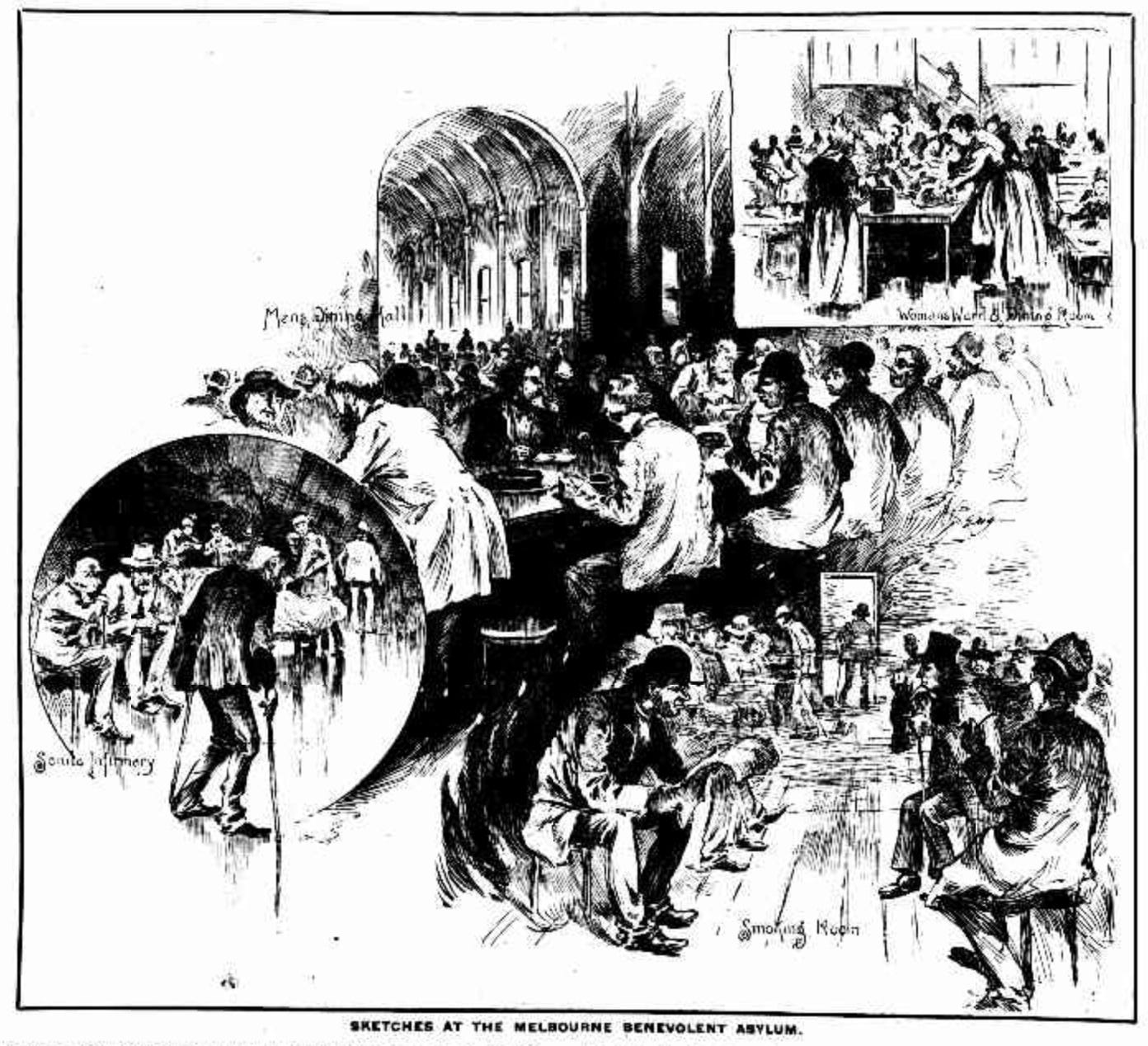
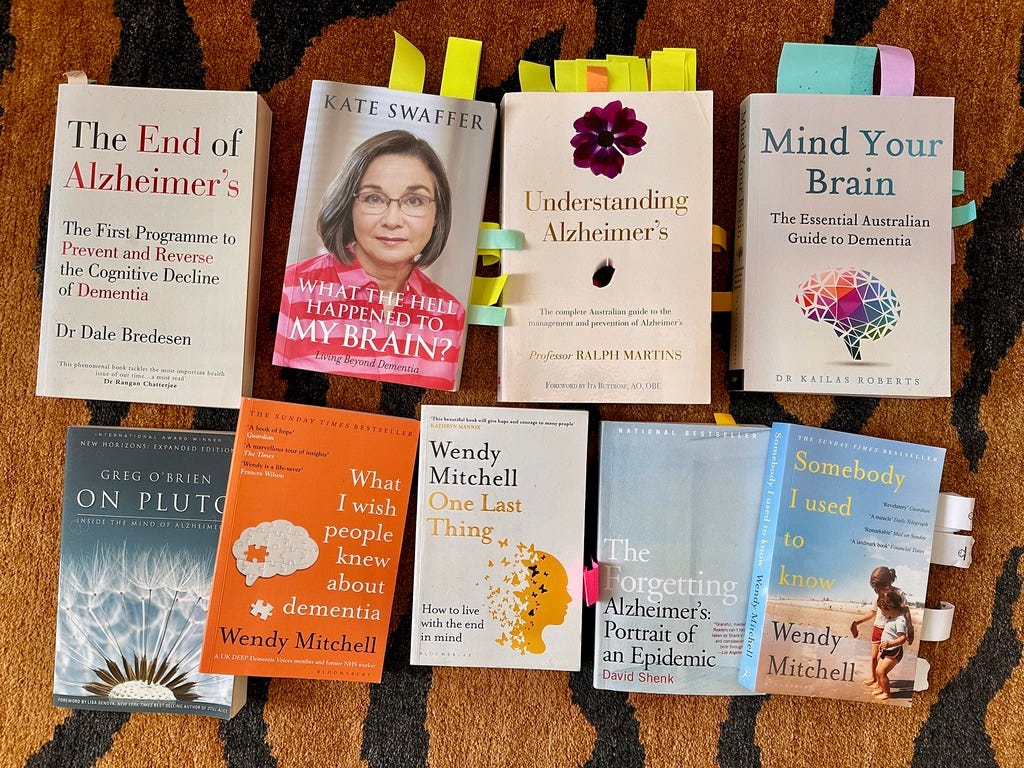
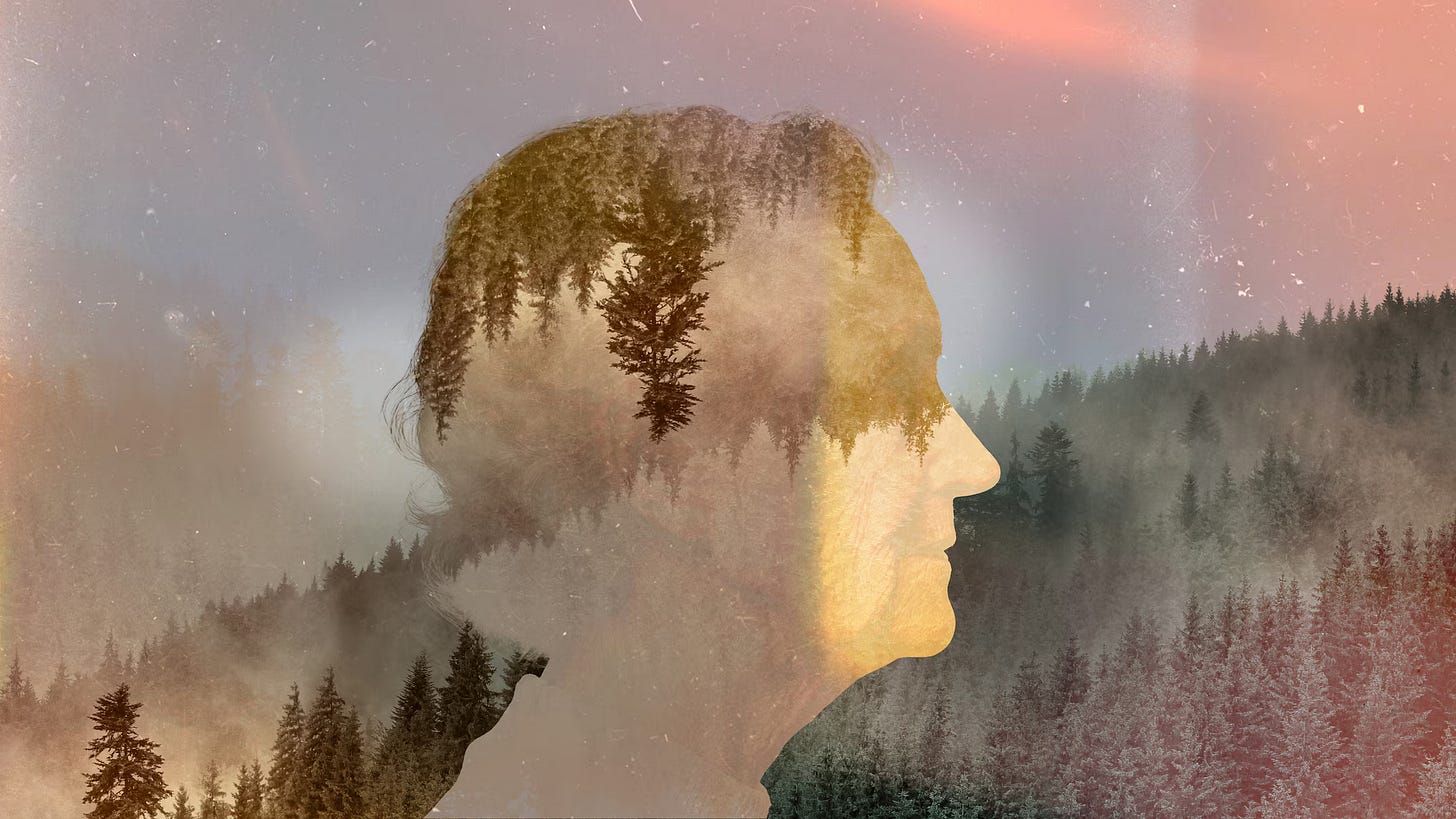
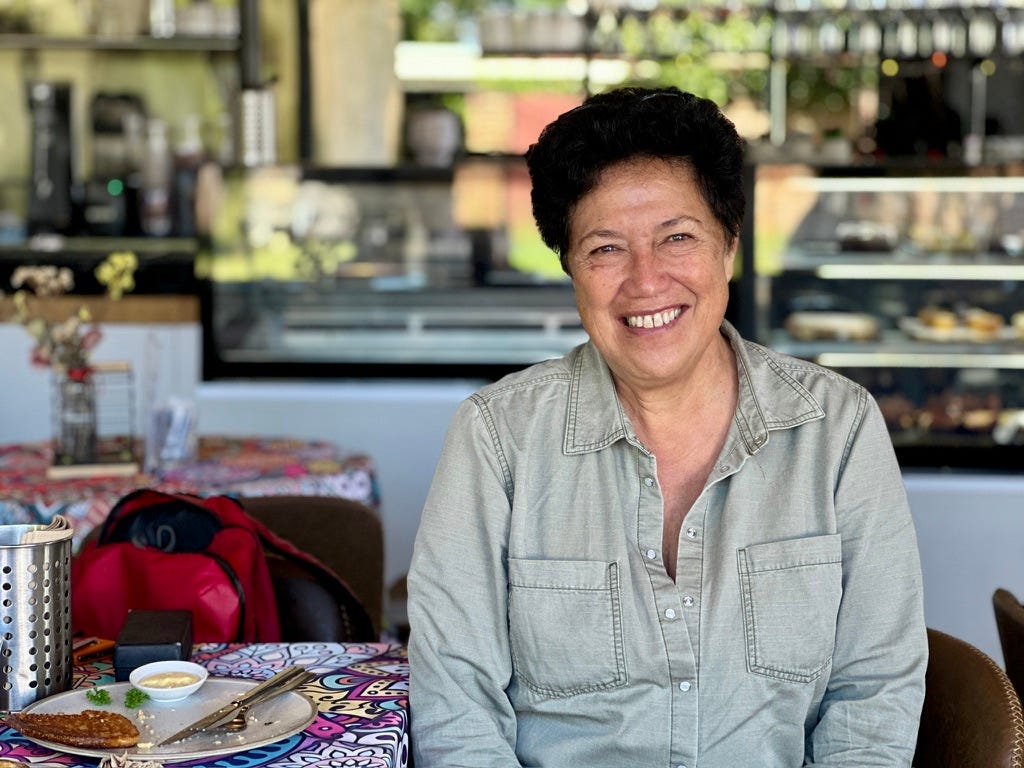
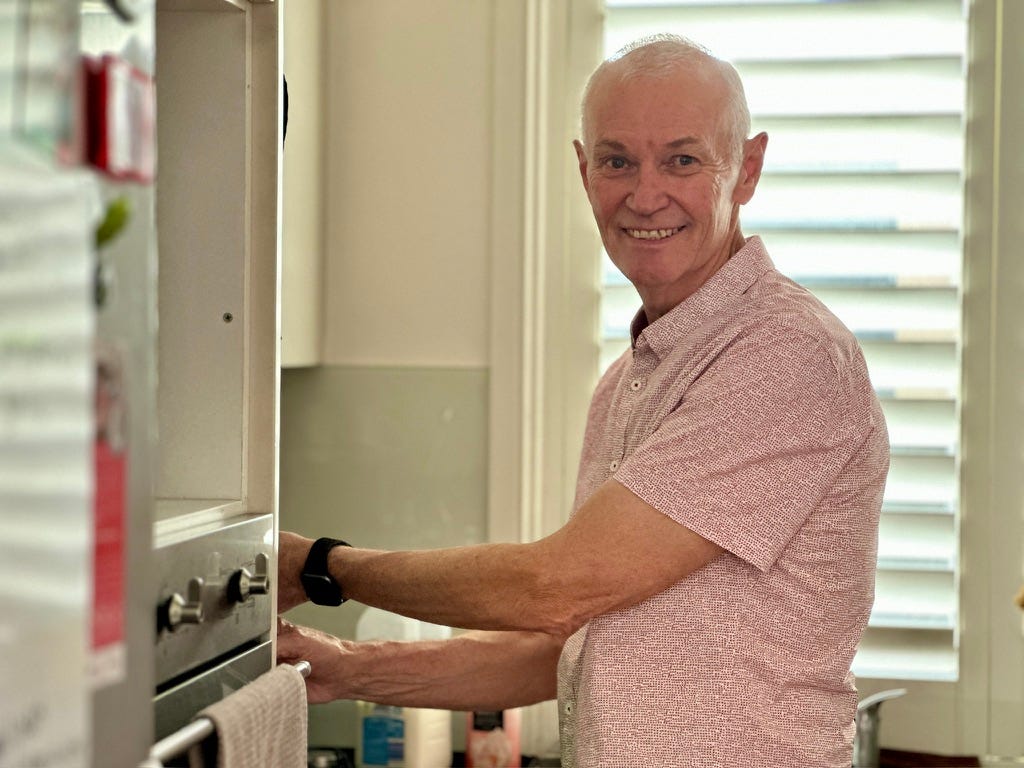
Jane, reading this post and your article gave me both hope and chills. It’s so easy to slip into the habits that increase our risk of dementia. Thank you. Amazing research and work.
Hi Jane, Thankyou for your writings on this subject. Dementia terrifies me. My sister in laws sister has just passed away from dementia, she was only 63, and had been in a nursing home for ten years. Her first symptom was the inability to sleep and she would walk for miles and miles in the early hours of the morning. My other friend has just been diagnosed and has had her licence revoked she is only 62. A very sad disease and so much to know.